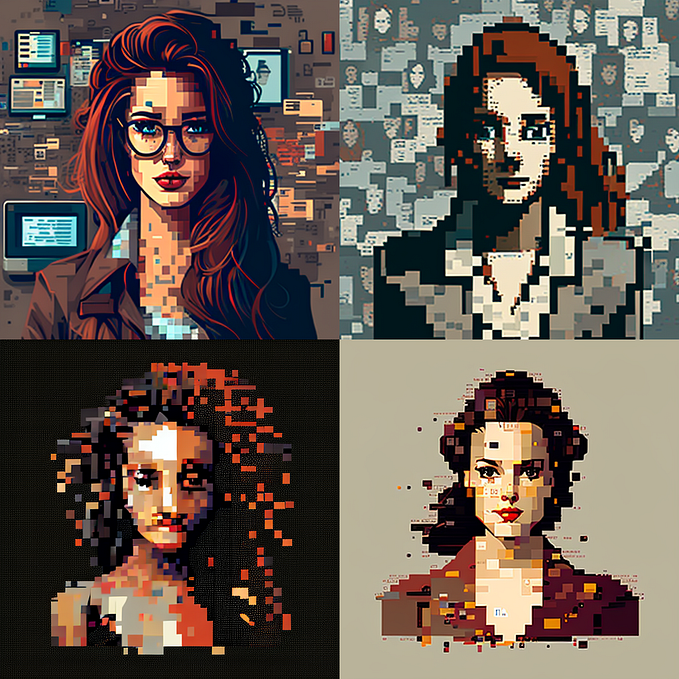From Disposable to Valued:
Rutabaga Community Hub and Toy Library Rooted in Philly Neighborhood

For years Krystal Cunillera and I shared ideas around community, sustainability, and simplicity in parenting. Krystal had the vision and business savvy to drive Rutabaga, a community hub, playspace, and toy lending library, into reality. It was no surprise to me to find Rutabaga featured in The Philadelphia Inquirer shortly after opening.
Although self-described as introverted, Krystal brings life force into her community. When I fostered a newborn and had nothing but a long weekend off from work, Krystal was there to hang a hand-sewn welcome banner, bring diapers, and hug me when the stress of systematic failure felt too much for me to hold. The first time I went to Krystal’s house, I wanted to move in. Rutabaga feels like an extension of her country chic style and inventiveness in crafting things from nature and upcycling items to keep them out of landfill. Hanging in her basement is a triangular swinging rope ladder she built out of fallen branches. Her kids have space to put away their toys and keep track of the pieces.
Recently I visited her at Rutabaga’s charming storefront, two-blocks from her house in East Falls, where she was working on inventory and compiling items for her Toy Library’s local deliveries. We sat (far apart) so I could talk to her about her business. Which of our local businesses will survive? What is the value in them? How as a community can we help? I wanted more insight into the underpinning of Krystal’s business.
Breaking down a consumerist model
Krystal sees the biggest job of Rutabaga is in educating parents and kids about the value and environmental impact of a community lending library. It’s a shift to the concept of community property from the individual and nuclear family consumerist model we’ve bought into. The concept of lending libraries is growing (again). From toyeries of the 1930s being back in vogue to the national trend of Little Free Libraries, the idea of offering supplies in a community to share in order to make it more affordable, grow our communities, and ultimately reduce our carbon footprint has caught on. Rutabaga is a platform for sharing, stewardship, and gathering with neighbors. Krystal’s face looked worried when she said, “We are a society that thinks of things as disposable.” Her posture straightened as she said, “This gives us a way to teach kids that products have a beginning, middle, and ugly end. And sometimes they have an ugly beginning as well.”
Hopeful about Rutabaga’s future
More than half of Rutabaga’s families have kept their memberships and new members have joined during this time. Through Go Fund Me they raised relief money and received a matching grant of $500. The local community has been incredibly supportive with its base members having been there from its conception as Rutabaga Circle. Rutabaga still had a little cushion from a business start up loan through Entrepreneur Works and hopes they will receive help from The Red Backpack Fund.
I asked Krystal about her plans for summer. “What’s kept me sane during all of this is I’m not thinking ahead.” She’s going on the assumption that they won’t be fully open anytime soon and is working to meet customers’ needs until they’re able to gather in person. In the fall she’s hoping to jump in with their aftercare program serving Thomas Mifflin Elementary School and other students who can get to Rutabaga on their own. They started a following with vacation days this winter.
No longer caught in the speeding current
While acknowledging the pandemic has been excruciating for many essential workers and other individuals, families, and small businesses, there is a silver lining. This time has allowed her family to slow down from the typical warp speed expected of Americans. The pandemic is a common experience we all share, even if in different ways. Although it’s stressful for Krystal’s husband to be out of work, it also allows him to be home with the kids while she takes time to grow Rutabaga thoughtfully. Before the pandemic hit Rutabaga was five months underway. Now she can stop and evaluate how people use the space and how she can make it better.
Still connected
Rutabaga is offering online classes and pay-what-you-want meetups as well as zero contact home deliveries for the Toy Library. Rutabaga has a colorful windowed storefront with a desk from which Krystal often works and is able to see kids in the neighborhood walking past. As a community project, Krystal started a giant rainbow on the sidewalk outside and left chalk, inviting kids to add to the rainbow and take their piece of chalk with them.

How to continue the support
Like other small local businesses Rutabaga strives to be of, by, and for the neighborhood and greater local area. Krystal hopes people will engage in the library. Eventually she wants a scholarship program for membership and their after school program. She has plans to get “play it forward” back up and running with Rutabaga matching community funds to gift low-income families. Currently Rutabaga’s largest involvement is with families of children under age 5. Krystal hopes their after school program and social nights — like Lego building and board games, will also meet the needs of families with older children.
After visiting I got a membership for my almost-seven year old who can now borrow five toys at a time. My kid spent Saturday morning with a new-to-us toy, balancing wooden cylinders on a toppling clown, instead of begging for screen time.








